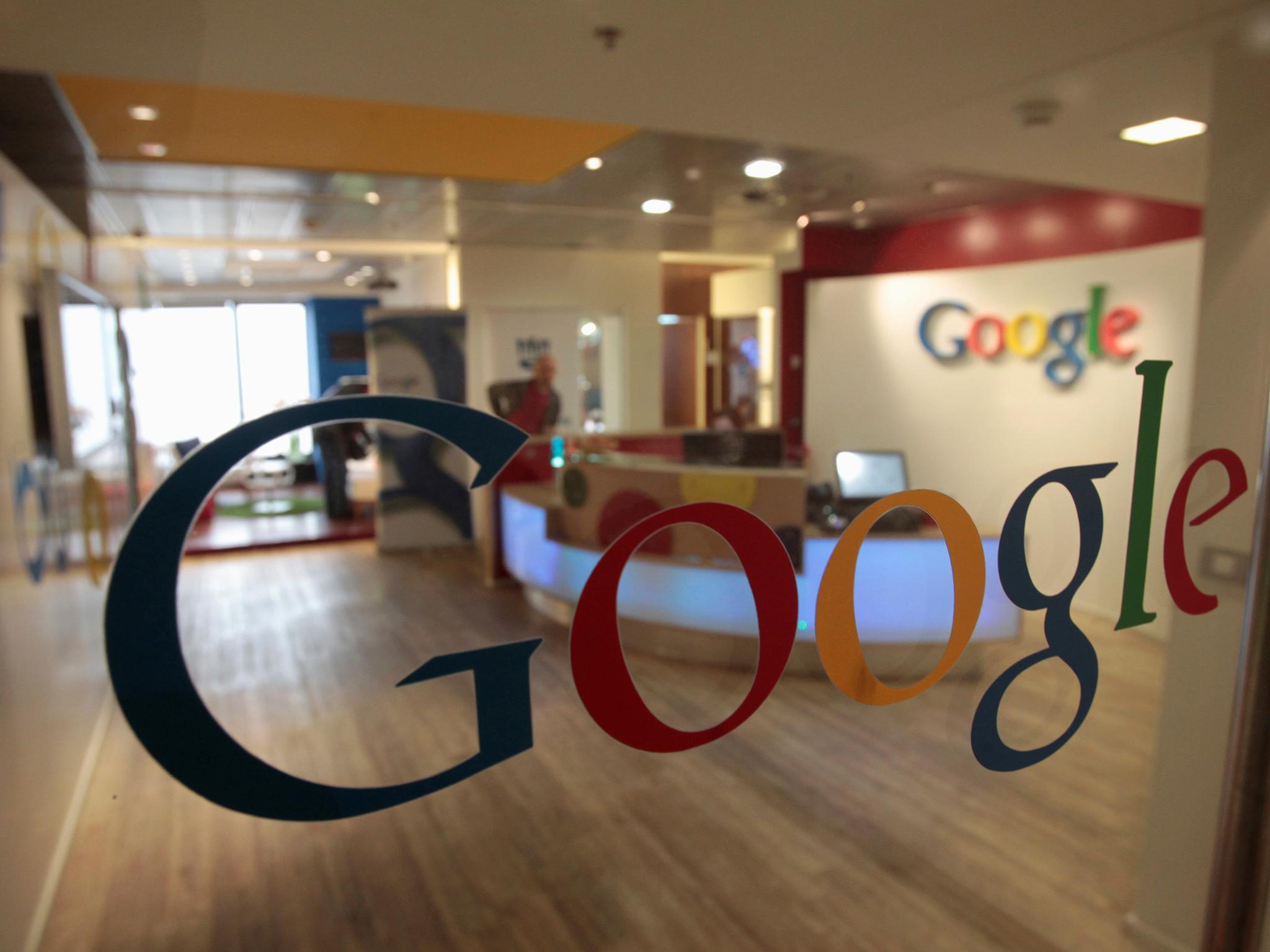Google steps up fight against fake news by expanding fact-check tool
The feature first launched in the US last October, ahead of the Presidential election

Your support helps us to tell the story
From reproductive rights to climate change to Big Tech, The Independent is on the ground when the story is developing. Whether it's investigating the financials of Elon Musk's pro-Trump PAC or producing our latest documentary, 'The A Word', which shines a light on the American women fighting for reproductive rights, we know how important it is to parse out the facts from the messaging.
At such a critical moment in US history, we need reporters on the ground. Your donation allows us to keep sending journalists to speak to both sides of the story.
The Independent is trusted by Americans across the entire political spectrum. And unlike many other quality news outlets, we choose not to lock Americans out of our reporting and analysis with paywalls. We believe quality journalism should be available to everyone, paid for by those who can afford it.
Your support makes all the difference.Google has launched its Fact Check tag in three more countries, as it steps up its efforts to combat fake news.
The label will now appear in the expand story box in Google News search results and the Google News and Weather app in Argentina, Brazil and Mexico.
The feature first launched in the US last October, ahead of the Presidential election, and has since been rolled out in France and Germany.
Google and Facebook have faced a great deal of criticism for the spread of fake news, and both companies say they’re committed to fighting it.
“We have to take the fake news problem very, very seriously and think about what we can do there,” the company’s chief business officer, Philipp Schindler, recently said at the Code Media conference.
“Fake news means a lot of different things to different people, and it’s often very hard to draw the line, obviously, between fake news and bad journalism.”
President Trump has further muddied the waters by labelling unfavourable reports “fake news”, while also spreading false stories.
“You look at what’s happening last night in Sweden,” Mr Trump recently said at a rally in Florida, referencing an incident that hadn’t actually taken place.
“Sweden, who would believe this? Sweden. They took in large numbers. They’re having problems like they never thought possible.”
He has since revealed that his speech had referred to a debunked Fox News report.
Join our commenting forum
Join thought-provoking conversations, follow other Independent readers and see their replies
Comments